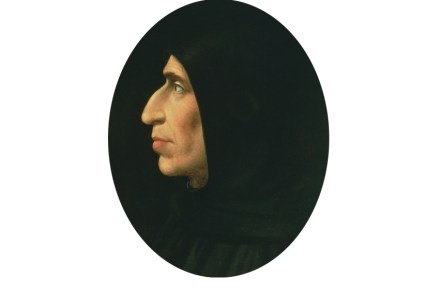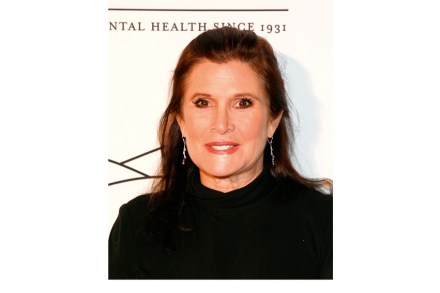The pen was mightier than the brush
Of the making of books about the Pre-Raphaelites, it appears, there is no end. Like the Bloomsberries, most of the PRB are more interesting to read about than the study of their work would suggest: a few towering talents stalk the mountaintops, while many lesser ones lurk in valleys and foothills. George Boyce was one of those lesser talents — a watercolourist of some small fame among his colleagues (although he was 52 before he was elected to full membership of the Old Water-Colour Society). His friend Henry Tanworth Wells had more worldly recognition, if not the esteem of the avant-garde: as a portraitist he painted the great, the good,










